-
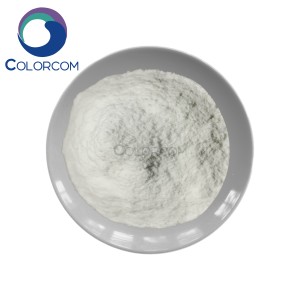
Sodium Carboxymethyl Cellulose | 9000-11-7
Products Description Carboxy methyl cellulose (CMC) or cellulose gum is a cellulose derivative with carboxymethyl groups (-CH2-COOH) bound to some of the hydroxyl groups of the glucopyranose monomers that make up the cellulose backbone. It is often used as its sodium salt, sodium carboxymethyl cellulose. It is synthesized by the alkali-catalyzed reaction of cellulose with chloroacetic acid. The polar (organic acid) carboxyl groups render the cellulose soluble and chemically reactive. The... -
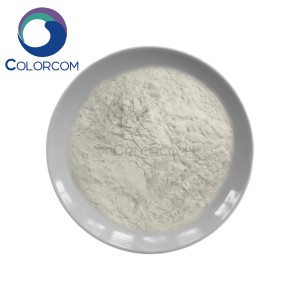
Propylene Glycol Alginate | 9005-37-2
Products Description Propylene glycol alginate or PGA is an additive used mainly as a thickening agent in certain types of food. It is made from the kelp plant or from certain kinds of algae, which is processed and transformed into a yellowish, grainy chemical powder. The powder is then added to foods that require thickening. Propylene glycol alginate has been used for many years as a food preservative. Many food manufacturing companies use it in the most common household food items. Mos... -

Agar | 9002-18-0
Products Description Agar, polysaccharide extracted from seaweed, is one of the world’s most versatile seaweed gels. It is widely used in many fields such as food industry, pharmaceutical industry, daily chemicals, and biological engineering. Agar has an extremely useful and unique property in the food industry. Its characteristics: it has coagulability, stability, and can form complexes with some substances and other physical and chemical properties, and can be used as thickeners, coagu... -
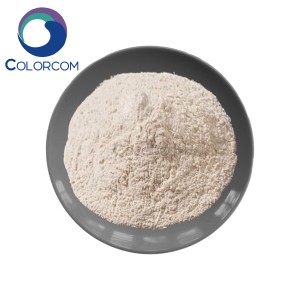
Xanthan Gum | 11138-66-2
Products Description Xanthan gum is also called Yellow adhesive, xanthan gum, Xanthomonas polysaccharide. It is a kind of monospore polysaccharide generated by fermentation of Pseudomonas Flava. Since its special macromolecule construction and colloidal properties, it’s with several functions. It can be used as an emulsifier, stabilizer, gel thickener, impregnating compound, membrane shaping agent and others. It is widely applied in various fields of the national economy. Main purpose In... -
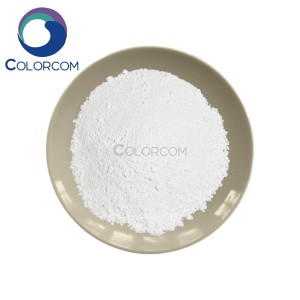
Konjac Gum | 37220-17-0
Products Description Konjac Gum is a kind of pure natural hydrocolloids, it is refined Konjac Gum powder processed by alcohol precipitation. Konjac Gum’s main ingredients are Konjac Glucomannan(KGM)with high purity of more than 85% on a dry basis. White in color, fine in particle size, high viscosity, and with no special smell of Konjac, stable when dissolved in the water. Konjac Gum has the strongest viscosity among the plant-based water-soluble gelling agent. Fine particle size, ... -
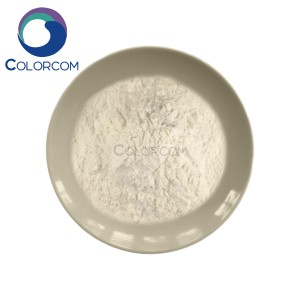
Sodium Alginate | 9005-38-3
Products Description Carrageenan is semi refined food grade Kappa Karrageenan (E407a) extracted from Eucheuma cottonii seaweeds. It forms thermoreversible gels at sufficient concentration and is highly sensitive to potassium ion which greatly enhances its gelling properties. Carrageenan is stable in alkali medium. Carrageenan is a naturally-occurring family of carbohydrates extracted from red seaweed.. Carrageenan is extracted with water under neutral or alkaline conditions at elevated t... -

Gelatin | 9000-70-8
Products Description Gelatin (or gelatine) is a translucent, colorless, brittle (when dry), flavorless solid substance, derived from the collagen mainly inside pig skin (hide) and cattle bones. It is commonly used as a gelling agent in food, pharmaceuticals, photography, and cosmetic manufacturing. Substances containing gelatin or functioning in a similar way are called gelatinous. Gelatin is an irreversibly hydrolyzed form of collagen and is classified as a foodstuff. It is found in som... -
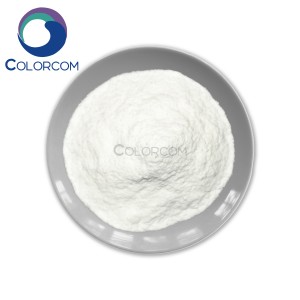
Carrageenan | 9000-07-1
Products Description Carrageenan is semi refined food grade Kappa Karrageenan (E407a) extracted from Eucheuma cottonii seaweeds. It forms thermoreversible gels at sufficient concentration and is highly sensitive to potassium ion which greatly enhances its gelling properties. Carrageenan is stable in alkali medium. Carrageenan is a naturally-occurring family of carbohydrates extracted from red seaweed.. Carrageenan is extracted with water under neutral or alkaline conditions at elevated t... -
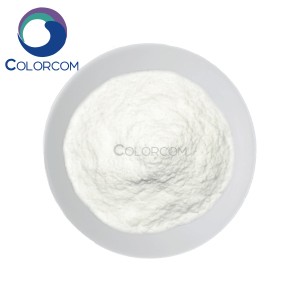
Polydextrose | 68424-04-4
Products Description Polydextrose is an indigestible synthetic polymer of glucose. It is a food ingredient classified as soluble fiber by the U.S. Food and Drug Administration (FDA) as well as Health Canada, as of April 2013. It is frequently used to increase the non-dietary fiber content of food, to replace sugar, and to reduce calories and fat content. It is a multi-purpose food ingredient synthesized from dextrose (glucose), plus about 10 percent sorbitol and 1 percent citric acid. It... -
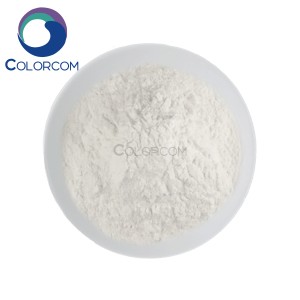
Sodium Saccharin | 6155-57-3
Products Description Sodium Saccharin was first produced in 1879 by Constantin Fahlberg, who was a chemist working on coal tar derivatives at the Johns Hopkins Univers Sodium saccharin. Throughout his research he accidentally discovered Sodium saccharins intensely sweet flavor. In 1884, Fahlberg applied for patents in several countries as he described methods of producing this chemical, which he called saccharin. It is white crystal or power with inodorous or slight sweetness, easily sol... -
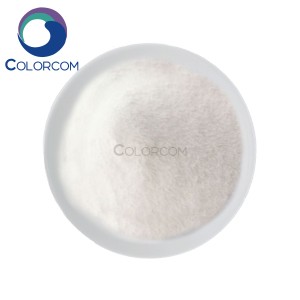
Sodium Cyclamate | 139-05-9
Products Description Sodium Cyclamate is a white needle or flaky crystal or crystalline powder. It is a non-nutritive synthetic sweetener which is 30 to 50 times sweeter than sucrose. It is odorless, stable to heat, light, and air. It is tolerant of alkalinity but slightly tolerant of acidity. It produces pure sweetness without bitter taste. It is widely used in different foods and is suitable for diabetic and obese patients. Having a pure sweet taste, Sodium Cyclamate is the artificial ... -
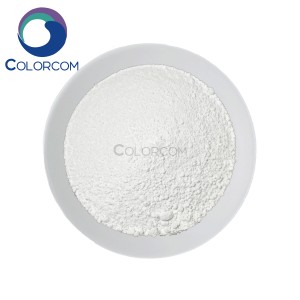
Aspartame | 22839-47-0
Products Description Aspartame is a non-carbohydrate artificial sweetener, as an artificial sweetener, aspartame has a sweet taste, almost no calories and carbohydrates. Aspartame is 200 times as sweet sucrose, can be completely absorbed, without any harm, the body metabolism. aspartame safe, pure taste. currently, aspartame was approved for use in more than 100 countries, it has been widely used in beverage, candy, food, health care products and all types. Approved by the FDA in 1981 fo...

